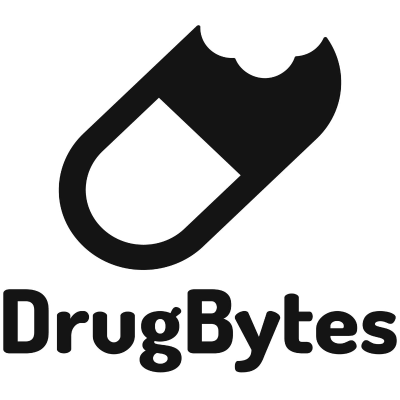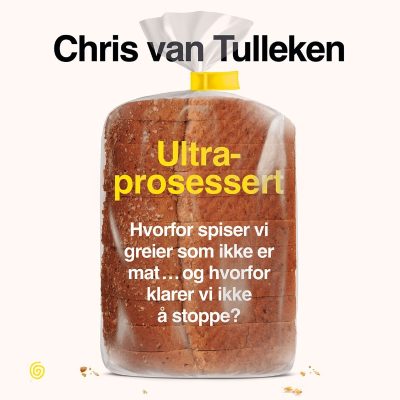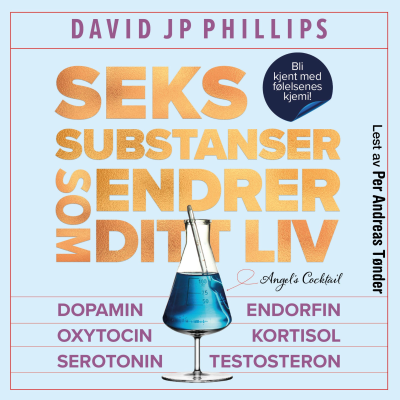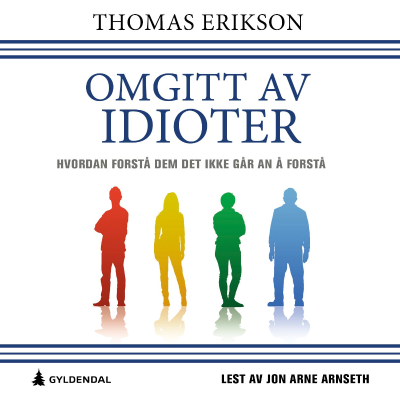
DrugBytes
engelsk
Teknologi og vitenskap
Prøv gratis i 14 dager
99 kr / Måned etter prøveperioden.Avslutt når som helst.
- 20 timer lydbøker i måneden
- Eksklusive podkaster
- Gratis podkaster
Les mer DrugBytes
DrugBytes is the new pharmacology podcast by MedTutes! Each 15-20min episode will cover the key clinical points important to med students on a high yield drug class, including the basic mechanism of action, common examples in each class, and a few points on pharmacokinetics. Each episode is also accompanied by a one-page summary of show notes, which you can download for free on the MedTutes website - www.medtutes.wordpress.com
Alle episoder
7 EpisoderDiuretics
In this episode we review the basics of renal physiology in order to discuss the four classes of diuretics: 1. Loop diuretics 2. Thiazide diuretics 3. Potassium sparing diuretics 4. Osmotic diuretics Tune in to hear how these drugs work, and how we manage their side effects! You can access the show notes athttps://medtutes.wordpress.com/podcasts/ [https://medtutes.wordpress.com/podcasts/] Follow us on Facebook, Twitter, Youtube and Reddit by searching "MedTutes".
Special Episode - Hydroxychloroquine in COVID19
Things are moving quickly at the moment, and we already have an update to our previous special podcast on COVID19. This podcast clears up where we stand on ibuprofen in COVID19, but mainly focuses on hydroxychloroquine based on a paper released by Liu et al available at - https://www.nature.com/articles/s41421-020-0156-0.pdf [https://www.nature.com/articles/s41421-020-0156-0.pdf] This podcast discusses some of the major side effects to be aware of when use hydroxychloroquine, as well as it's history and how the recent paper describes it may exert it's anti-SARS-CoV-2 effect. As always, the show notes are available athttps://medtutes.wordpress.com/podcasts/ [https://medtutes.wordpress.com/podcasts/] Intro Music - Feelin' Good by Purple Planet Music Outro - Burn Me Down by Sekai courtesy of NCS
Special Episode - Antivirals in COVID19
In this special episode we provide a brief rundown of the current antiviral treatments being trialled in critically ill COVID19 patients. We look at some of the (very) recent studies as well as previous research conducted during the original SARS outbreak in 2002, which is definitely of relevance due to the similarities in the mechanisms of entry and replication of SARS-CoV-2 compared with SARS-CoV. I repeatedly talk about the Internet Book of Critical Care source in this podcast, you can access it here: https://emcrit.org/ibcc/COVID19/ [https://emcrit.org/ibcc/COVID19/] They also have a podcast I would very highly recommend listening in to. Show notes for this episode are available at https://medtutes.wordpress.com/podcasts/ [https://medtutes.wordpress.com/podcasts/] The notes for this episode also contain numerous sources to the papers referenced in this podcast. Like the podcast? Then connect with us on social media so you don't miss the next one! You can follow us on Facebook, Twitter, Youtube, or Reddit. Just search MedTutes. Intro - Feeling Good by Purple Planet Music (Special) Outro - Everything by Diamond Eyes, available via NCS
NSAIDs and Aspirin
In this episode we discuss the Arachidonic Acid pathway, and how steroids and more specifically non-steroidal anti-inflammatory drugs (NSAIDs) work to limit inflammation and pain. We also discuss the special effects of aspirin as an anti-platelet agent, and the only NSAID that decreases cardiovascular risk rather than increasing. Show notes are available at www.medtutes.wordpress.com or here, at https://drive.google.com/open?id=1Egw_tHcIBjSt45i-9HJ1WPzEpPxTqCd5 Get in touch! We're on Facebook, Twitter, YouTube and Reddit, and we'd love to hear from you!
Analgesia, Opioids and the WHO Pain Ladder
Buckle up, this is a big one! (with a long intro, sorry about that). In this episode we scrape the surface on the complicated world of pain management. This podcast is just a brief overview, including paracetamol/acetaminophen, opioids, gabapentinoids, and adjuvants. This podcast is meant to complement further teaching on pain pathways/pathophysiology, pain management, and substance use disorders. The field is very complicated, and we can't cover it all in one podcast! This episode also links in to the next podcast in the series on NSAIDs and Aspirin. There were 3 things I forgot to elaborate on in the podcast whilst trying to keep it as short as possible 1. Morphine (and many other opioids) are renally cleared. In patient with poor renal function (eg. elderly with CKD, or people with AKI) morphine must be dose adjusted! Opioids are notorious for precipitating delirium in the elderly populations especially if they aren't dose adjusted, and this can also lead to overdose. 2. Gabapentinoids work through Ca2+ Channels in the ascending pathway. The reason this is important is calcium is used to trigger degranulation of neurotransmitter into the synapse - therefore blocking its influx prevents transmission of nociceptive signals via the ascending pathway. 3. Opioids are a common source of nausea! Some are more nauseating than others (Tramadol being notorious for it), check out our previous episode on antiemetics for more info. The show notes can be accessed for free at https://medtutes.wordpress.com/podcasts [https://medtutes.wordpress.com/podcasts/] We also reference an article on Tox and Hound, accessible at https://emcrit.org/toxhound/mouddisorder [https://emcrit.org/toxhound/mouddisorder/] The EM Cases podcast episode that inspired this topic is accessible at https://emergencymedicinecases.com/drugs-that-work-analgesics [https://emergencymedicinecases.com/drugs-that-work-analgesics/] More content coming soon. If you enjoy the show please subscribe and review us wherever you listen!
Velg abonnementet ditt
Premium
20 timer lydbøker
Eksklusive podkaster
Gratis podkaster
Avslutt når som helst
Prøv gratis i 14 dager
Deretter 99 kr / måned
Premium Plus
100 timer lydbøker
Eksklusive podkaster
Gratis podkaster
Avslutt når som helst
Prøv gratis i 14 dager
Deretter 169 kr / måned
Prøv gratis i 14 dager. 99 kr / Måned etter prøveperioden. Avslutt når som helst.















































